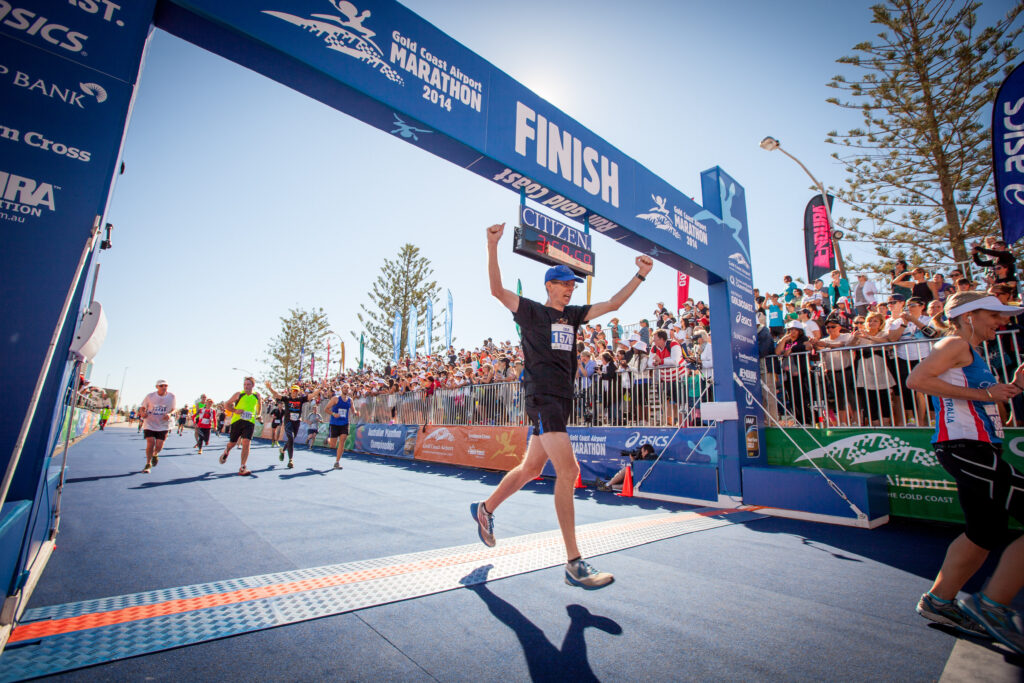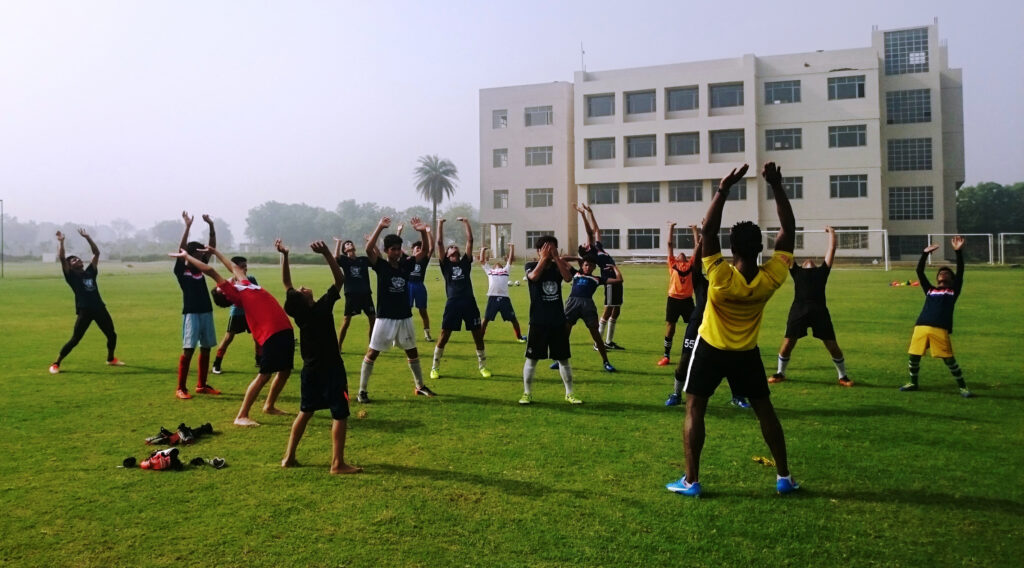Paris 2024 Countdown: The Mental Game
Source: https://www.aboveandbeyond.group/
Mental preparation is often the defining factor that separates good athletes from great ones. It involves cultivating a mindset that can handle the intense pressure and high stakes of Olympic competition. The ability to remain calm, maintain focus, and bounce back from setbacks is critical in an environment where the margin for error is extremely narrow. For Olympians, mental preparation isn’t just an add-on to physical training; it’s an integral part of their routine.
The Paris 2024 Olympics is just a month away, and the world is eagerly anticipating the return of this grand sporting event. As athletes from around the globe prepare to showcase their physical expertise, it is crucial to remember that success at the Olympics is not just about physical training but also about mental fortitude. In this blog, we will delve into the mental preparation techniques used by Olympians, uncovering the psychological strategies that help them stay focused, resilient, and ready to perform at their best on the world’s biggest stage. Techniques such as visualization, mindfulness, positive self-talk, and goal setting are essential tools that help athletes build the mental resilience needed to achieve peak performance.
Visualization is a cornerstone of mental preparation for many Olympians. This technique involves creating detailed mental images of successful performance. Michael Phelps, the most decorated Olympian of all time, is a prominent advocate of visualization. He would mentally rehearse every detail of his races, from his dive off the block to his final stroke. By the time he stood on the starting block, he had already “swum” the race countless times in his mind. Visualization helps in boosting confidence and managing distractions.
Setting clear, achievable goals is another critical component of mental preparation. Usain Bolt, the fastest man in history, was known for his meticulous goal-setting. He broke down his training and performance objectives into smaller, manageable targets, which provided him with a clear path to his ultimate goals. This approach not only kept him motivated but also helped him track his progress and make necessary adjustments along the way.
Positive self-talk is a powerful tool for building self-confidence and maintaining a positive mindset. Serena Williams, one of the greatest tennis players of all time, before matches, often repeated affirmations to herself, focusing on her strengths, such as her powerful serve, mental toughness, and strategic play. By reinforcing her belief in her abilities, Serena boosted her confidence and maintained a positive mindset, enabling her to perform at her best even under intense pressure.
The pressure of representing your country at the Olympics can be overwhelming. To cope with this, athletes develop psychological resilience through various strategies. Sports psychologists play a crucial role in this process, providing techniques to manage stress and maintain a positive mindset. Shooter Abhinav Bindra, India’s first individual gold medalist, has often spoken about the importance of mental resilience and how it contributed to his success.
As the Paris 2024 Olympics approach, the spotlight shines not only on physical prowess but also on mental resilience. Olympians exemplify the power of visualization, goal-setting, positive self-talk any many other techniques in their relentless pursuit of excellence. Their stories, from Michael Phelps to Serena Williams, highlight the profound impact of mental preparation on athletic achievement. Behind every gold medal is a journey of overcoming pressure and adversity, guided by sports psychologists and unwavering self-belief. As we anticipate the triumphs and challenges of the upcoming Games, let us encourage the unbeatable spirit of Olympians and the enduring legacy of their mental fortitude on the world stage.
Kiran Salunkhe
Intern, Mindsports




